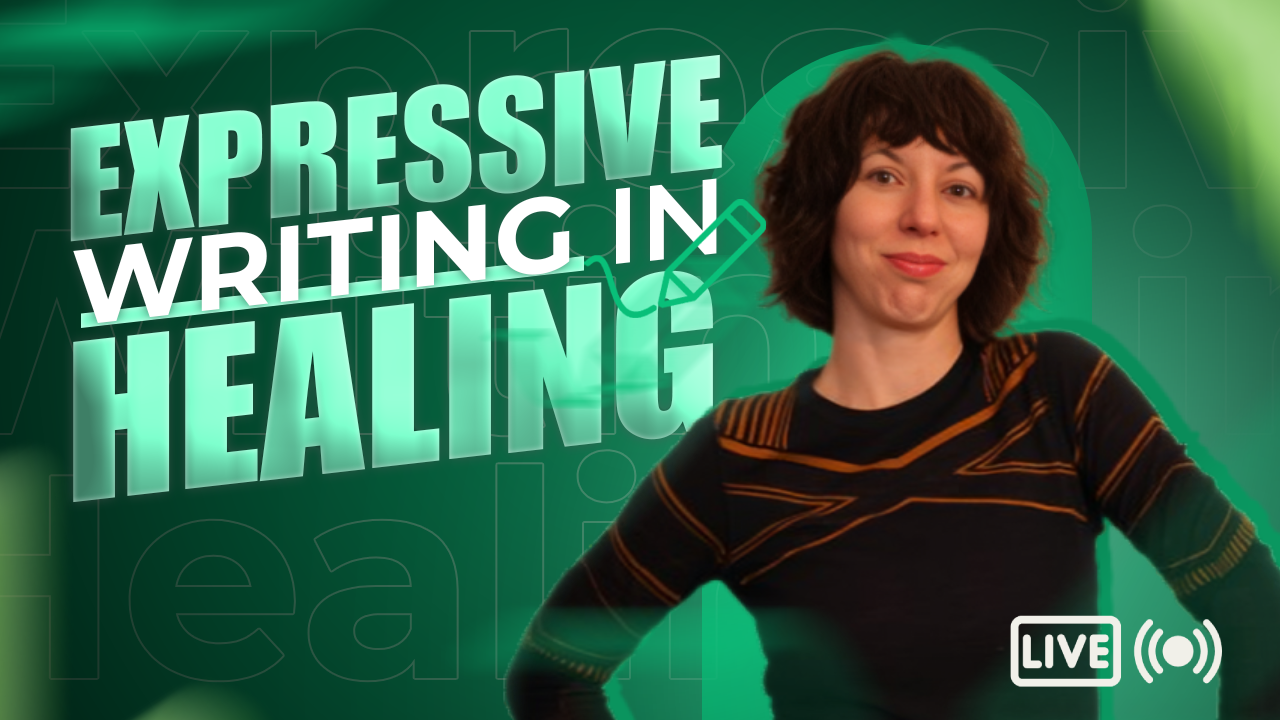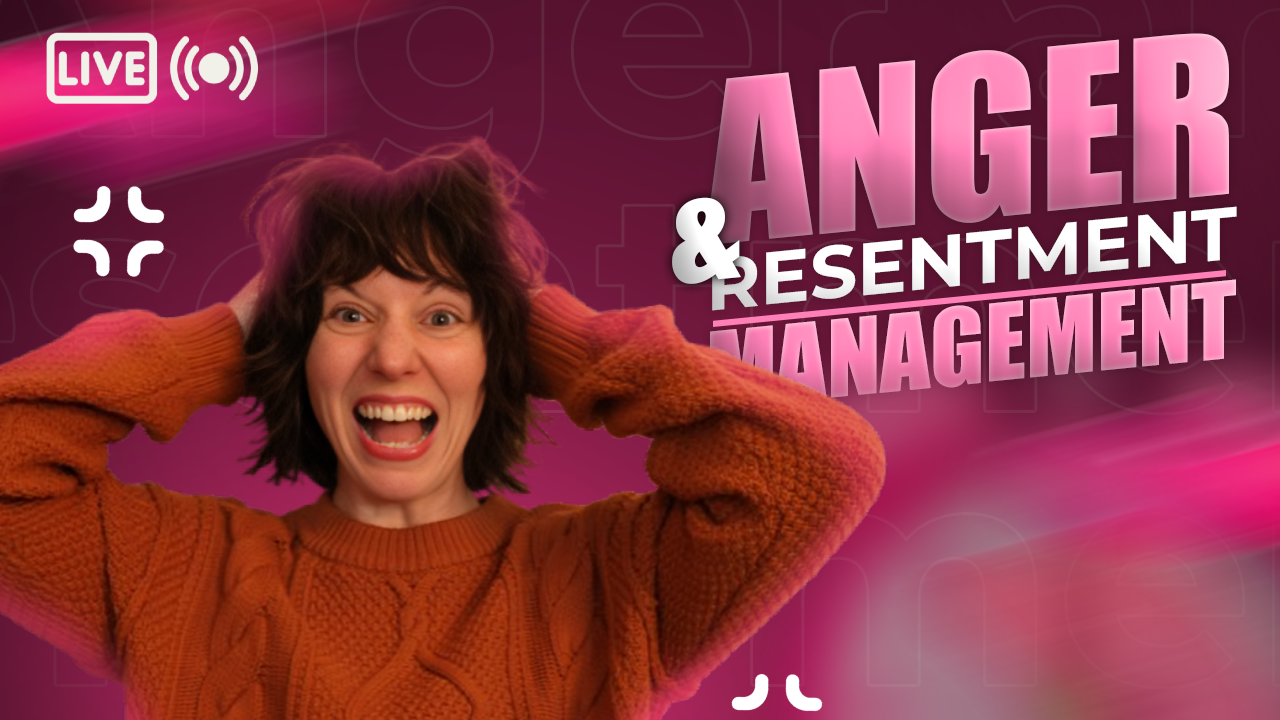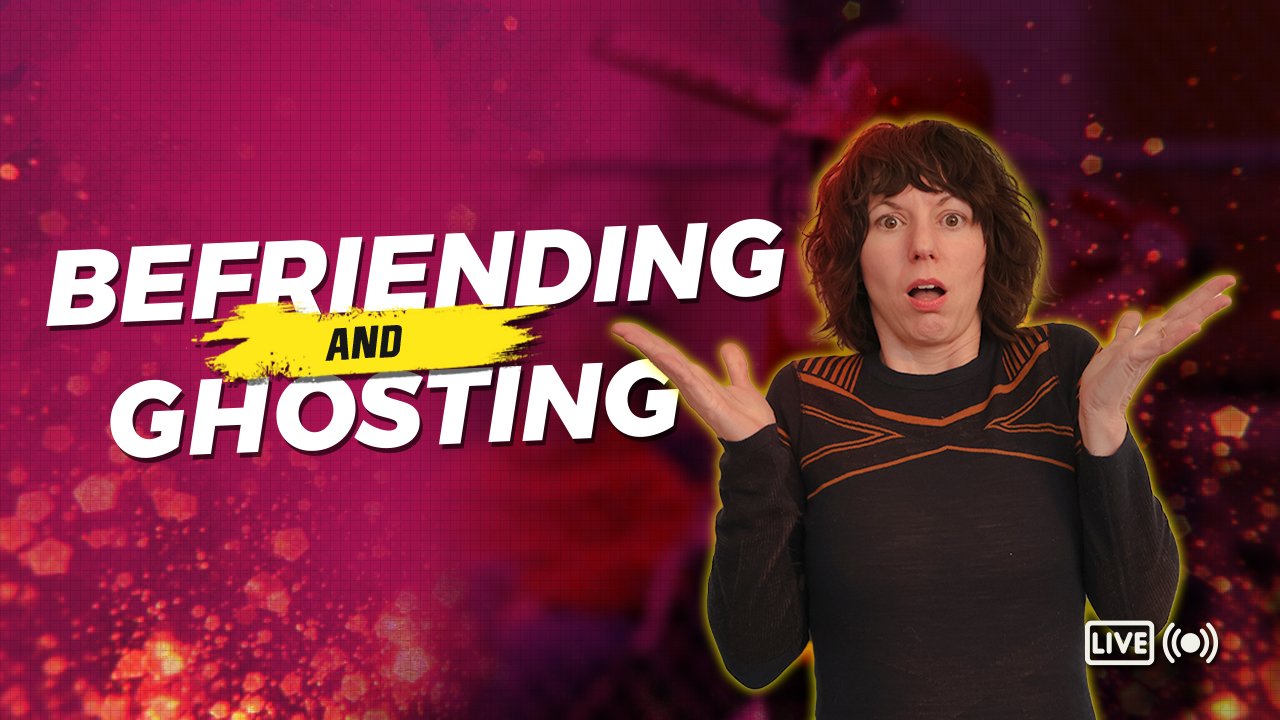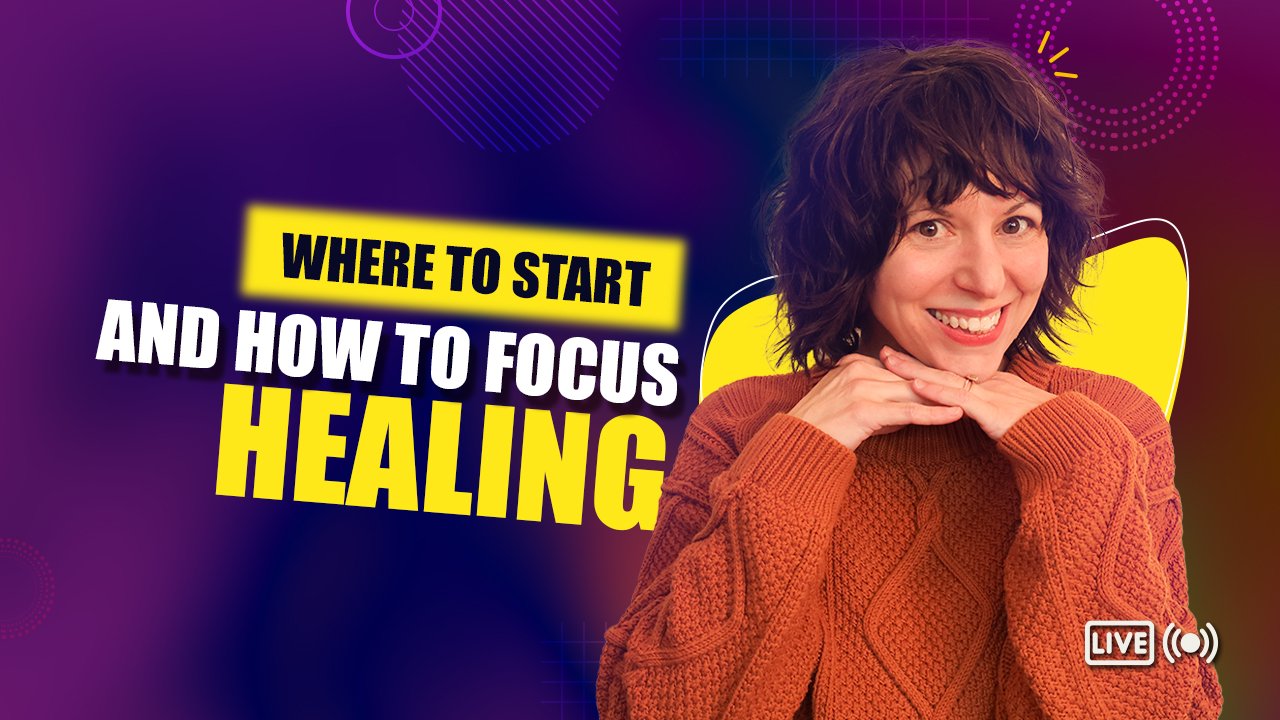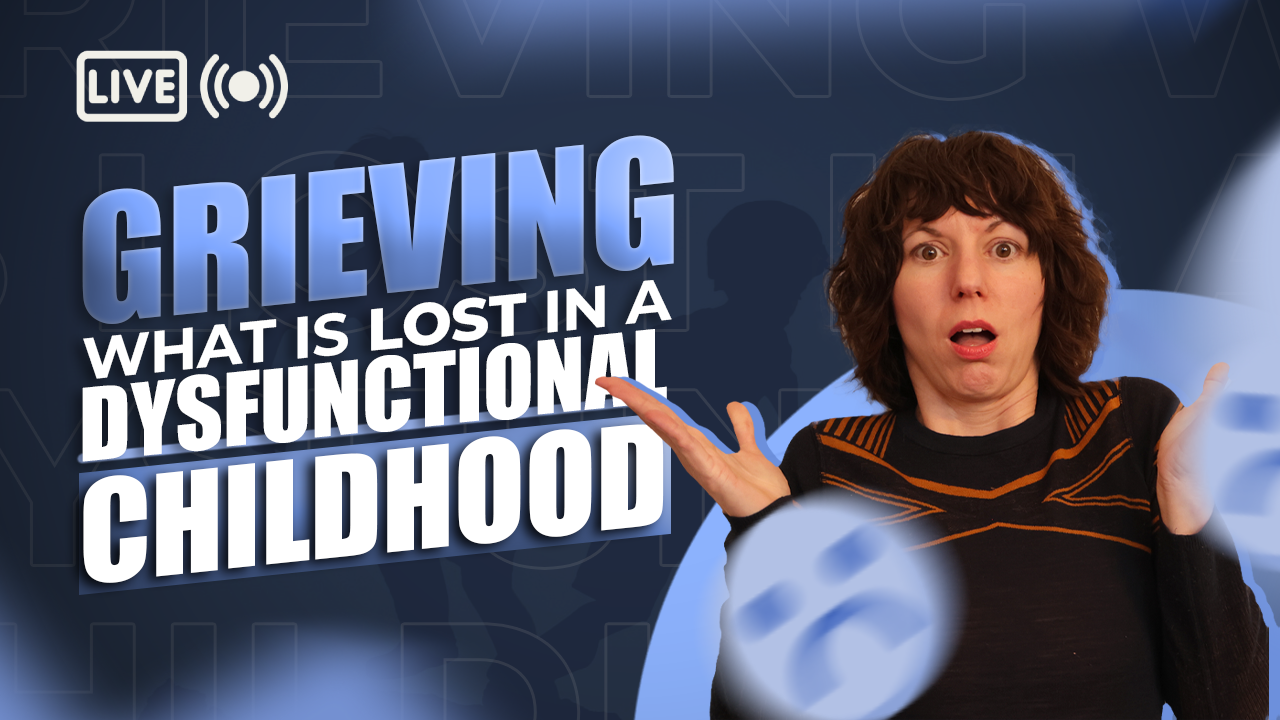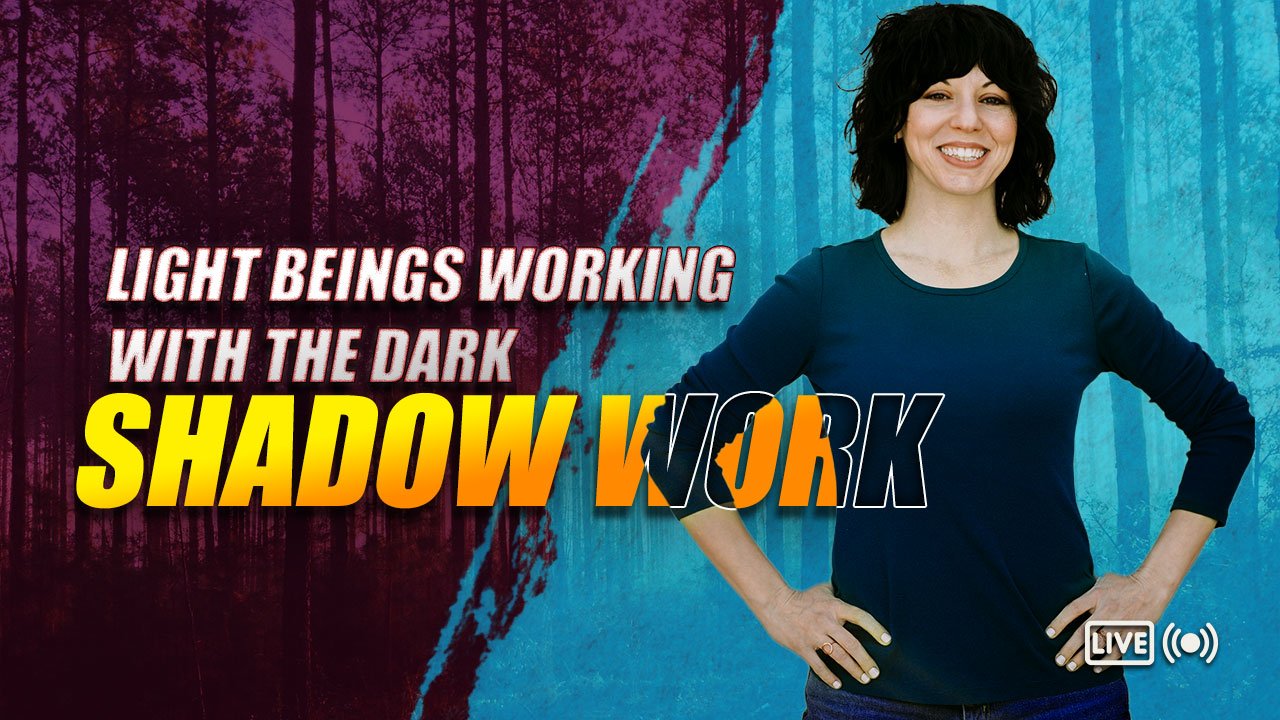Exploring Existentialism: Finding Courage, Meaning, and Absurdity in Life
If I had to pick the one thing that gave me the solid framework to do my healing in, I would say a big part of that is existentialism. Today we're going to discuss existentialism, finding courage, meaning, and absurdity in life.
You might learn that you might be more of an existentialist and you didn't even know it. Okay?
Existentialism is a philosophical framework that emphasizes personal choice and the creation of meaning in life. While it may not have a clear definition, the idea of freedom of choice is central to existentialism. This is the belief that we have the power to make choices, no matter what our circumstances may be.
The Freedom of Choice and Anti Victim Mentality:
There is a story in the book “How Yoga Works” that perfectly illustrates the principles of existentialism. The story is about a yogi who is confined to a prison cell but makes the choice every day to make the best of his experience. This is a powerful reminder that we all have the freedom to choose, even in the most challenging circumstances.
Existentialism accepts that radical free choice is our personal power. I find it fascinating to think about that every moment. We can choose something. We can speak or we can be quiet.
We can run or we can stand still. We can think something positive, or we can think something self-deprecating. We can think something kind or judgmental. We can close our eyes or open them. We can take a breath or hold our breath.
Now, it's a hard thing to look at if we are still in the anger stage or the anger of grief stage from trauma, particularly if we are hurting from trauma that was at the hands of another human being. But even in the moments that I was enduring abuse, I still had some choice. I still had a choice to fight or to play dead. I still had a choice to open my eyes or close them, to hold my breath or breathe. This is a very anti victim mentality idea.
One of the key ideas of existentialism is the rejection of a victim mentality. If we embrace the principle of freedom of choice, we are taking control of our lives and moving forward, rather than hunkering down into being a victim. The ego may love the idea of being a victim, but it is an unsatisfying place to live.
Freedom of choice is a powerful tool that helps us to reject the victim mentality and take control of our lives. Whether we are dealing with trauma or just living life moment by moment, we have the power to choose.
Existentialism and the Search for Meaning: An Exploration of Victor Frankel's Life and Work
Existentialism is a philosophical concept that asserts that life in and of itself has no inherent meaning. This idea is both liberating and challenging, as it requires each of us to create meaning for ourselves in our own lives.
One of the greatest psychiatrists in history, Victor Frankel, wrote one of the most impactful books on this topic: "Man's Search for Meaning." This book, which has changed countless lives, explores the idea that even in the darkest of circumstances, such as the Holocaust, there is still the possibility to find meaning and purpose.
Victor Frankel was a Jewish psychiatrist who was imprisoned in the Auschwitz concentration camp during World War II. Despite the horrors he faced, he remained positive and found beauty and connection in even the darkest moments. His book is not about the atrocities of the Holocaust, but about the light he found in the midst of that darkness.
Victor Frankel coined the term "logotherapist" to describe his own form of therapy, which encourages individuals to forge their own path and create meaning in their lives. In this way, he has left a lasting legacy and inspired countless people to seek meaning in their own lives.
The second concept of existentialism is the idea that "existence precedes essence." This concept, best explained by philosopher Jean-Paul Sartre, states that we first exist and then define ourselves through our experiences. This idea is particularly relevant to young people who may feel the pressure to define their identity before they have fully lived and experienced life.
The concept of existence preceding essence is also related to the idea of courage. Often, we feel like we need to have courage before we take action, but in reality, it is the experience of doing something that defines our courage. This can be seen in the example of skydiving, where the fear and nervousness disappear after the jump and the sense of bravery and courage emerges.
Victor Frankel's work and the concept of existentialism offer a powerful reminder of the importance of seeking meaning and purpose in our lives. While life may not have inherent meaning, it is up to each of us to create that meaning for ourselves through our experiences, relationships, and the impact we have on the world around us.
The Art of Questioning God: An Existential Journey
As an existentialist, I've come to understand the power of questioning, especially when it comes to the concept of God. While some may believe in the existence of a higher power, others may not. The important thing is that we question.
As a born and raised Catholic, I've personally undergone a journey of questioning and self-discovery. It started with giving myself permission to question what I had been taught about God, and eventually led me to make my own meaning. I've settled on a non-religious spirituality and feel a deeper connection to nature and energy as my higher power.
When working with others on their spiritual growth, my approach is to support them in their own journey of meaning making. I work with people who may continue their religious beliefs, question and move away from religion, move towards a religion, or heal from religious abuse.
The act of questioning the idea of a higher power and giving ourselves permission to make our own meaning is a crucial aspect of existentialism and personal growth. It's about discovering who we thought God was, our own relationship with a higher power, and how we want to define it for ourselves.
Embracing Radical Personal Responsibility in Existentialism
Existentialism is a philosophical movement that emphasizes individual freedom and choice, and encourages individuals to create meaning in their own lives. One key concept of Existentialism is the belief in radical personal responsibility.
As individuals, it is up to us to take ownership of our lives and cultivate what we want out of each moment. This means taking responsibility for our moods, reactions, and overall experiences, rather than blaming external circumstances or other people.
While it may be tempting to give away our power and place the responsibility for our lives in the hands of others, this leaves us feeling stuck and unhappy. Instead, by embracing radical personal responsibility, we can find peace and relief in the knowledge that we are in control of our own lives.
It is easy to fall into the trap of blaming others or external circumstances for our struggles, but this only leaves us feeling helpless and trapped. By taking personal responsibility, we can work through the difficulties in our lives and move forward with purpose and meaning.
Life is inherently difficult, and this has been the case for generations. However, by embracing personal responsibility, we can empower ourselves to make the most out of each moment, despite the challenges that may arise.
Embracing radical personal responsibility is a cornerstone of Existentialism, and a powerful tool for cultivating a fulfilling life. By taking ownership of our experiences and making meaning in our own lives, we can move forward with purpose and resilience, even in the face of adversity.
Existentialism: The Power of Authenticity
Existentialism is a philosophy that explores the meaning and purpose of life. One of the key concepts of this philosophy is authenticity. Authenticity is much more than just a buzzword; it is an important concept for people pleasers, codependents, and highly sensitive people.
People pleasers often give away their power to be liked, to get approval, or to avoid abandonment. However, this strategy leads to the abandonment of our own authenticity. Authenticity is about making decisions and owning our personal power. This is what helps us move through life as ourselves, rather than being someone we think others want us to be.
It is important to be true to ourselves and our values. Sometimes, our inauthenticity hides in small moments that we think are insignificant. But those little moments add up, and if our inner child is watching, what kind of message are we sending by pretending or lying?
We are responsible for the authenticity that we choose to live. Living through our authenticity can lead to greater self-acceptance and fulfillment. However, it is not always easy to be authentic, especially in situations where we feel the need to hide or pretend. It is important to recognize these moments and be honest with ourselves about what we really want and need.
Authenticity is a powerful concept in existentialism. It is about making decisions and owning our personal power, and it can lead to greater self-acceptance and fulfillment in life. So, let's embrace our authenticity and live our lives to the fullest.
The Absurdity of Life
I know what you're thinking, "What does she mean by absurdity?" But before we dive into that, let me share a little about myself.
I'm a goofball. I embrace my absurdity and see it as one of my favorite things about myself. And now, when it comes to existentialism, that same absurdity is a crucial part of the philosophy.
You see, existentialism says that life has no inherent meaning, and that we must create our own meaning. And when we do that, life becomes absurd. And you know what? I'm not mad about that one bit. I can't help but see life as absurd in a way.
In essence, if we are creating our own meaning in life and life itself has no meaning, then life is absurd. This might sound like a negative view of life, but for many individuals, it is a liberating and freeing concept. When we understand that life is absurd, it allows us to appreciate the beauty in the chaos and the randomness of existence.
Just think about it, we are here, right now, listening to this podcast. Can you believe that out of the over 5 million podcasts and 70 million episodes, we found each other in this moment? That's just beautiful and absurd.
And if my grandpa was here, I would have him on the show to talk about life's absurdity and wonder. It's such a relieving and releasing feeling to embrace the absurdity of it all, don't you think?
I fell in love with existentialism as a philosophy and it's helped me become who I am today. I hope that all of you out there can find something that helps you in becoming you.
Episode Tags
- ADD 1
- Abuse 14
- Alcohol 3
- Anger 9
- Bullying 5
- Childhood 37
- Codependency 8
- Covid 4
- Crystal Catalina 4
- Depression 15
- Detachment 2
- Disassociation 4
- Emotions 74
- Existentialism 2
- Faith 1
- Family 25
- Fatigue 4
- Focus 3
- Gratitude 11
- Grief 10
- Guilt 2
- Healers 7
- Healing 51
- High Sensation 4
- Hope 1
- Hypervigilance 7
- Introverts 6
- Lonliness 7
- Love 3
- Manifesting 5
- Manipulation 19
- Men 1
- Mindfulness 38
- Money 10
- Music 3
- Nutrition 2
- Overthinking 8
- PTSD 11
- Parenting 12
- People Pleasing 7
- Perfectionism 6
- Pets 4
- Relationships 13
- Resiliency 12
- Sadness 1
- Self Esteem 16
- Self Love 11
- Self Respect 1
- Self-Care 24
- Sex 1
Upcoming Events
Episode Tags
- ADD 1
- Abuse 14
- Alcohol 3
- Anger 9
- Bullying 5
- Childhood 37
- Codependency 8
- Covid 4
- Crystal Catalina 4
- Depression 15
- Detachment 2
- Disassociation 4
- Emotions 74
- Existentialism 2
- Faith 1
- Family 25
- Fatigue 4
- Focus 3
- Gratitude 11
- Grief 10
- Guilt 2
- Healers 7
- Healing 51
- High Sensation 4
- Hope 1
- Hypervigilance 7
- Introverts 6
- Lonliness 7
- Love 3
- Manifesting 5
- Manipulation 19
- Men 1
- Mindfulness 38
- Money 10
- Music 3
- Nutrition 2
- Overthinking 8
- PTSD 11
- Parenting 12
- People Pleasing 7
- Perfectionism 6
- Pets 4
- Relationships 13
- Resiliency 12
- Sadness 1
- Self Esteem 16
- Self Love 11
- Self Respect 1
- Self-Care 24
- Sex 1













